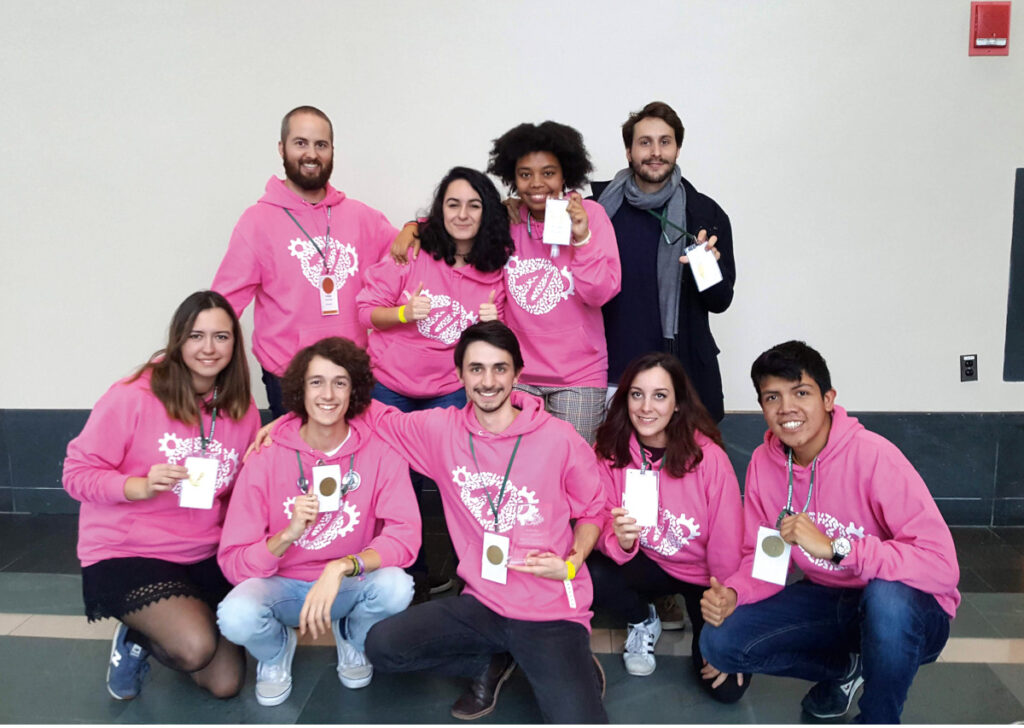[LUM#10] A revolution in contraception
Nine students from Montpellier are working on a revolutionary method of contraception: genetically modified vaginal bacteria. Dubbed " Vagineering," the innovation won an award at the prestigious International Genetically Engineered Machine competition (IGEM).

"Despite the immense progress made since the invention of contraception, there is currently no method that could be considered perfect," explains Léo Carrillo, a biology student. Developing innovative contraception is the goal of this young man and his eight colleagues, who participated in the IGEM competition in Boston with a novel concept: bacterial contraception.
"We wondered whether synthetic biology could help improve contraception options," explains Léo Carrillo. That's when the golden idea was born: genetically modifying a bacterium in the vaginal microbiota to give it a contraceptive role.
Contraceptive bacteria
First step: identify the bacteria that will be the best candidate. "Vaginal flora is not universal; it varies from woman to woman, so we looked for the bacteria most common in all populations," explains the student. Lactobacillus jensenii ultimately emerged victorious from this casting call.
To turn this bacterium into a contraceptive, the students are considering genetically modifying Lactobacillus jensenii so that it produces molecules that prevent sperm from moving, thereby making fertilization impossible. "To do this, we would need to introduce a gene that codes for a spermicidal molecule into the bacterium, " explains the student.
This innovation would be revolutionary for thousands of women who are dissatisfied with current contraceptive options: "No side effects, no need to remember to take a pill every day—a single injection into the vaginal microbiota would ensure effective contraception over the long term, " explains Léo Carrillo.
Gold medal
And what if you want to get pregnant? "This bacterial contraception needs to be reversible, so we've designed a 'switch' system that would stop the bacteria from working." The project impressed the jury at the MIT international competition, where the Montpellier students won the gold medal and the jury's grand prize. "The project is completely innovative; nothing like it has ever been done before, " says Léo Carrillo, who is now studying for a master's degree in cellular and molecular biology at the Sorbonne. Genetic modification of vaginal bacteria could even have other benefits. "It's entirely conceivable that other modifications could be implemented to treat vaginal infections. Microbiome engineering is still in its infancy!"
Find UM podcasts now available on your favorite platform (Spotify, Deezer, Apple Podcasts, Amazon Music, etc.).